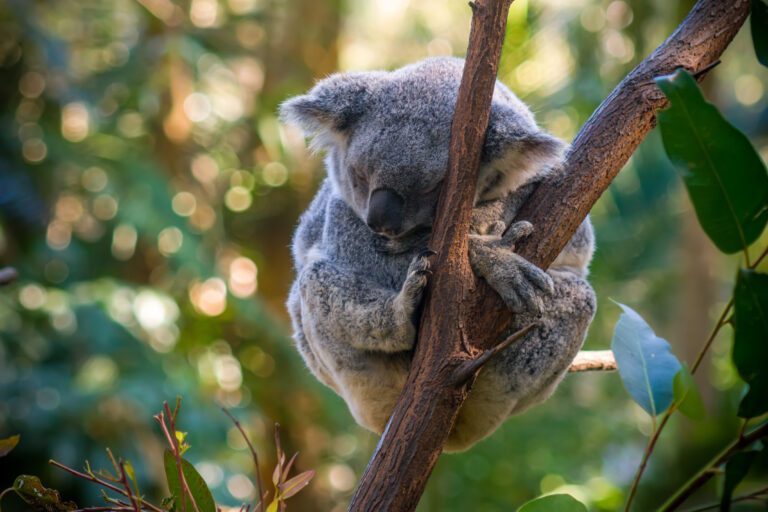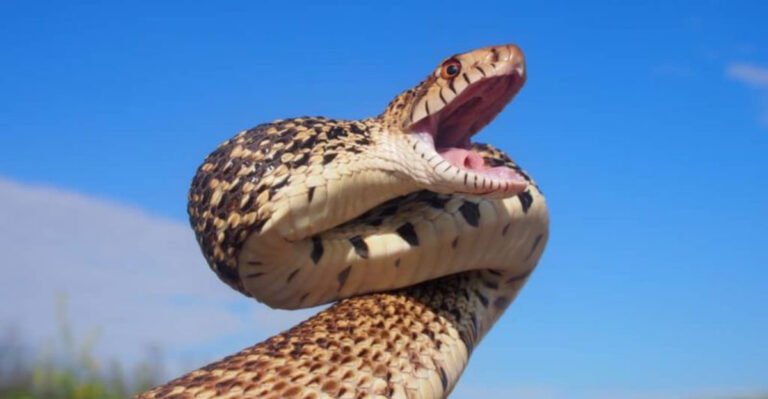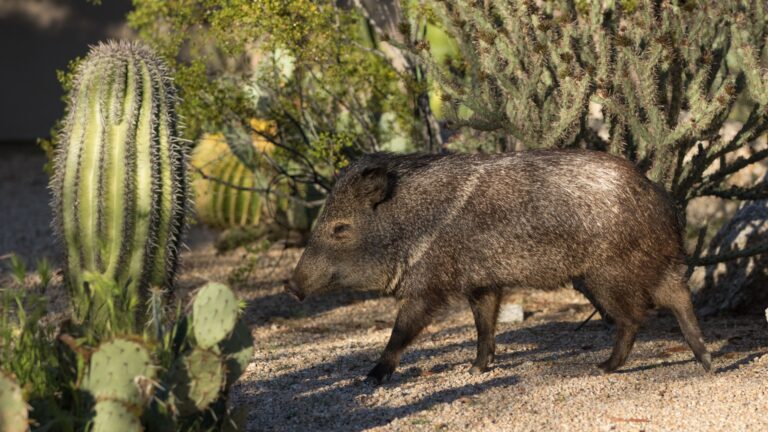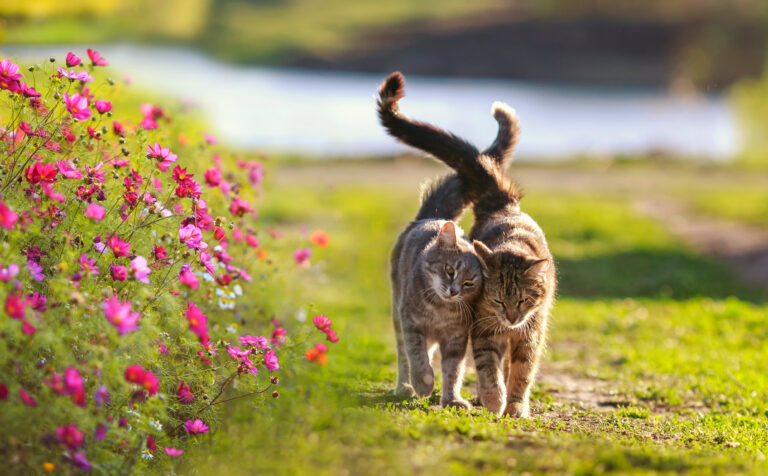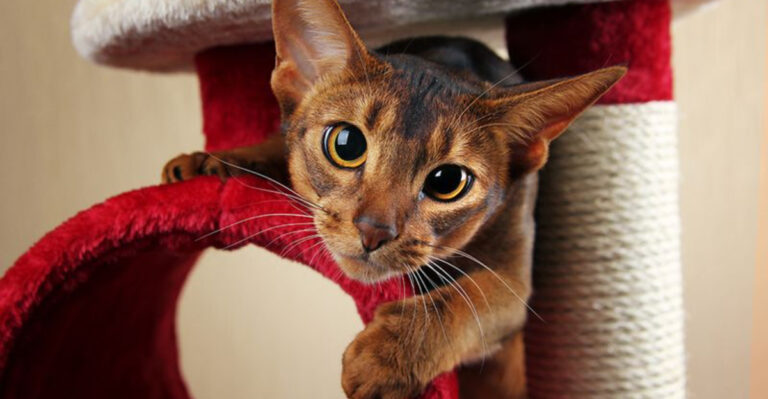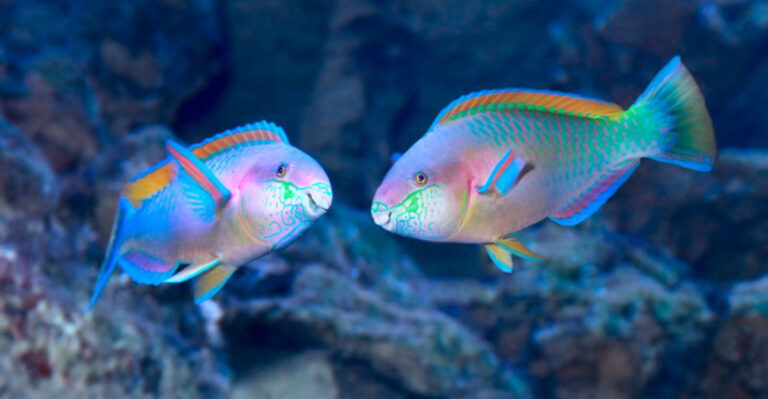16 Must-Know Facts Before You Bring Home A Pet Bird
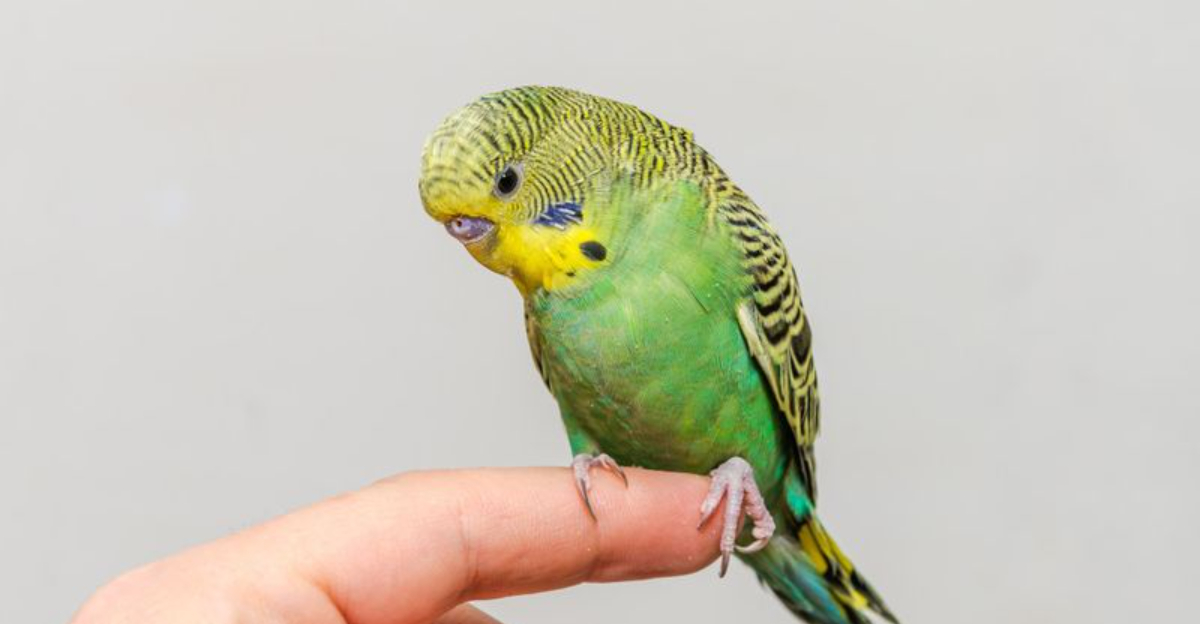
Feathered friends bring joy, companionship, and a touch of nature into our homes. But behind those colorful plumes and sweet melodies lies a commitment that many first-time bird owners underestimate.
Before you welcome a chirping companion into your life, understanding these essential facts will help ensure both you and your new feathered friend can thrive together.
1. Birds Live Surprisingly Long Lives
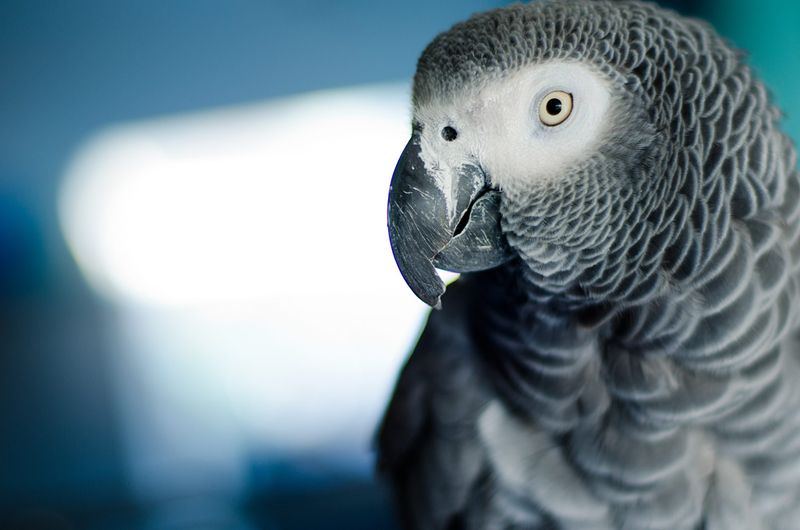
Those tiny feathered bodies can house decades of life! Small parakeets often reach 15 years, while larger parrots might celebrate their 80th birthday alongside several generations of your family.
Planning for a bird means preparing for a long-term relationship, not a passing fancy. Are you ready for a companion that might outlive your car, your mortgage, and possibly you?
2. Your Home Will Get Dustier
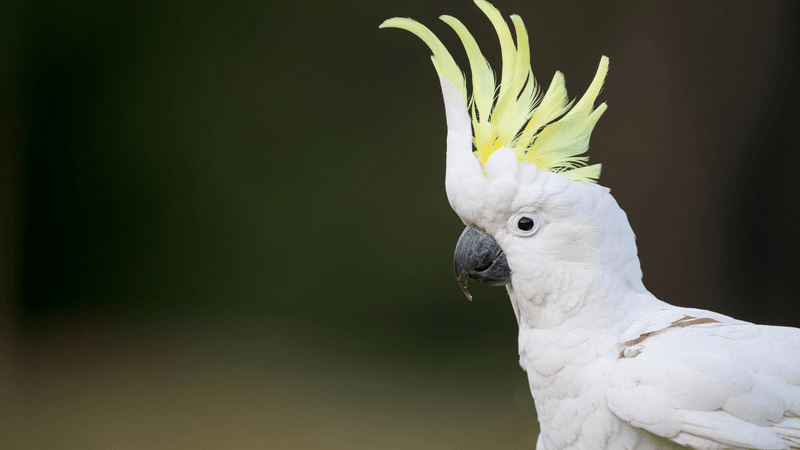
Feather dust is real! Birds constantly shed tiny particles from their feathers that float through your home and settle on surfaces. This fine powder can trigger allergies or respiratory issues in sensitive people.
Air purifiers become essential equipment, not optional luxuries. Regular cleaning becomes your new normal when sharing space with these naturally dusty companions.
3. Noise Levels Can Be Shocking
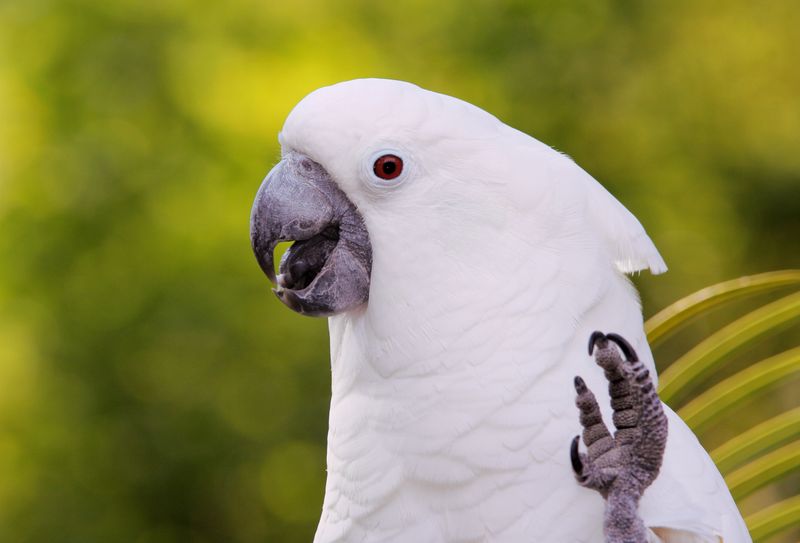
Morning alarm clocks pale compared to a sun-greeting cockatoo! Even small birds pack powerful vocal abilities that can reach surprising decibels at dawn and dusk.
Those sweet chirps in the pet store transform into full-volume concerts at home. Your neighbors might not share your enthusiasm for 6 AM weekend serenades through apartment walls.
4. Special Diet Requirements Matter
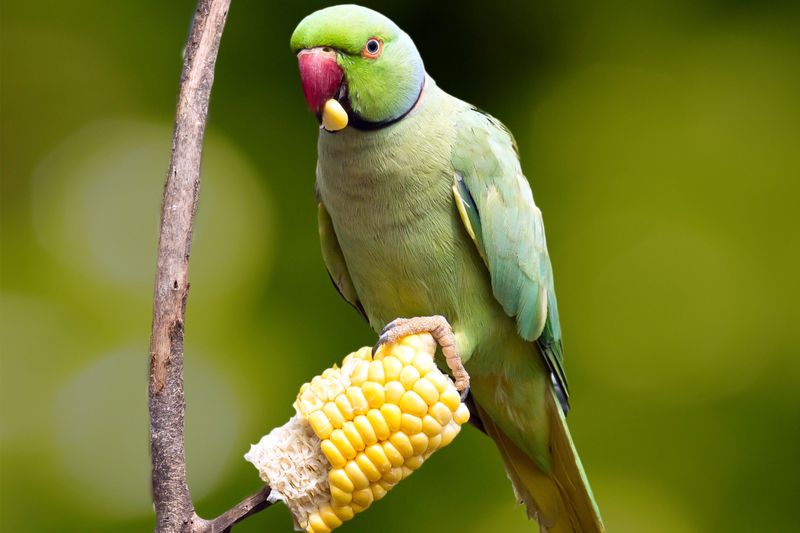
Seed-only diets spell disaster for bird health! Modern avian nutrition includes specialized pellets, fresh vegetables, fruits, and occasional proteins tailored to each species’ needs.
Forget the simple seed dispensers of yesteryear. Proper bird care involves food prep several times daily, researching safe food lists, and monitoring nutritional balance for optimal health.
5. Regular Vet Care Costs Add Up
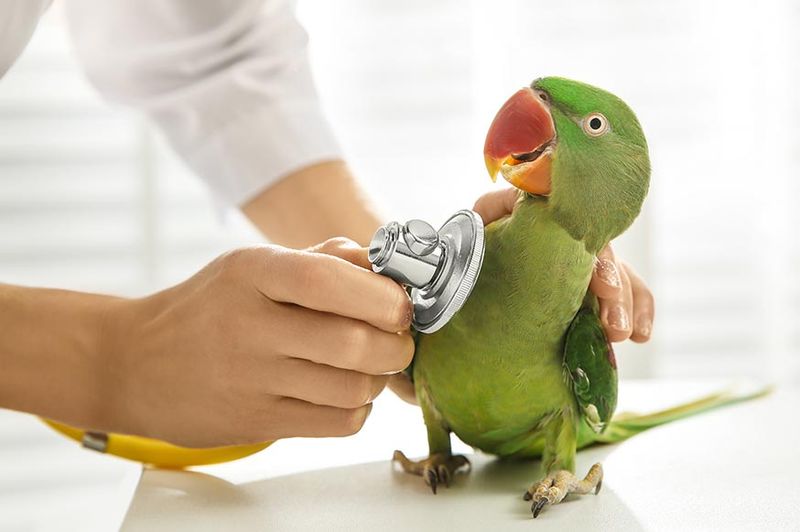
Specialized avian veterinarians charge premium rates for good reason – birds hide illness until critically sick and require unique expertise. Finding qualified bird vets often means traveling farther than for dog or cat care.
Budget for annual wellness checks running $100-300, plus potential emergency visits. Many standard veterinarians won’t treat birds at all!
6. Cage Size Rules Are Commonly Underestimated
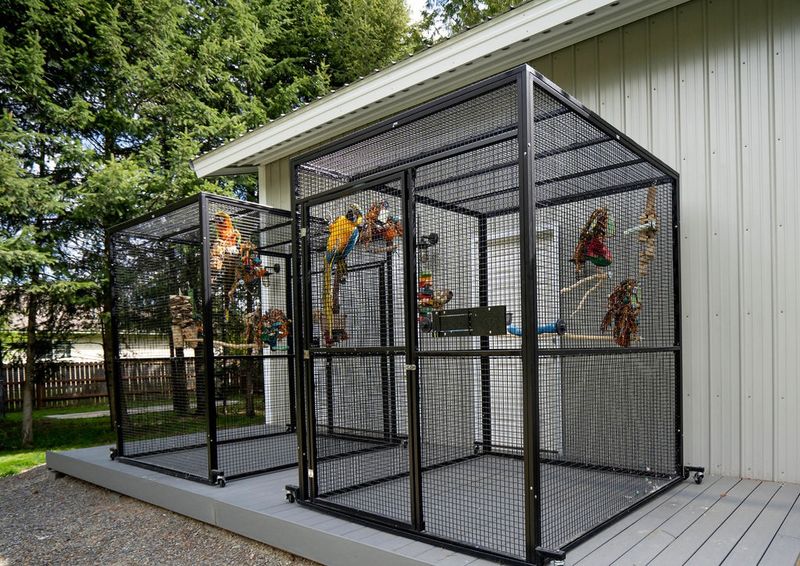
Flying creatures need space! That cute starter cage from the pet store? Probably inadequate for all but temporary housing. Birds require space to stretch wings, hop between perches, and exercise properly.
Quality housing often becomes your living room’s focal point due to size. The rule of thumb: get the largest cage you can afford and fit in your home – then go one size bigger.
7. Social Needs Rival Human Toddlers
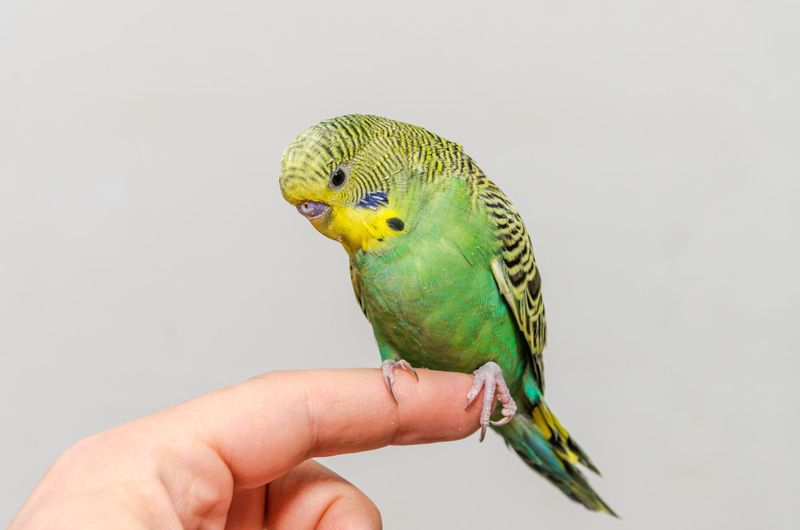
Imagine a perpetual two-year-old with wings! Flock animals crave hours of daily interaction and mental stimulation. Birds left alone regularly develop destructive behaviors like feather plucking or screaming.
Working full-time? Your bird might struggle with loneliness. Many species require being included in family activities, conversations, and routines to maintain psychological health.
8. Household Hazards Lurk Everywhere
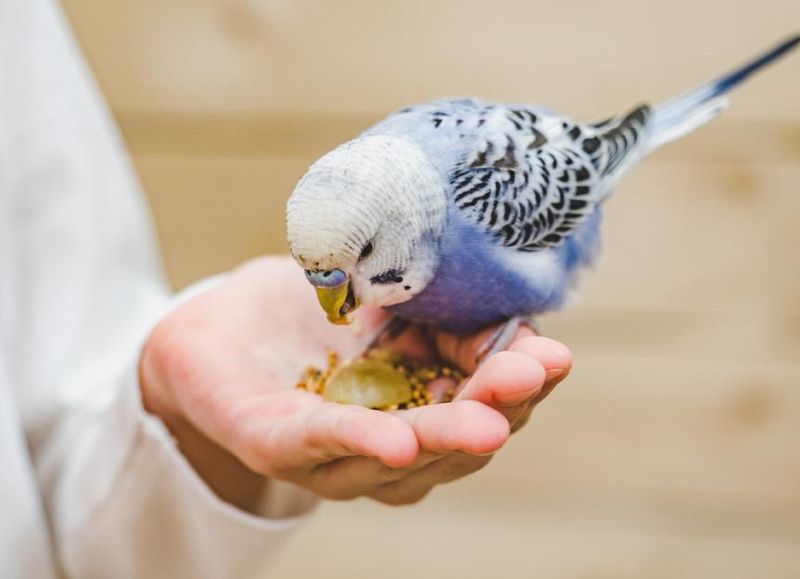
Bird-proofing makes baby-proofing look simple! Non-stick cookware releases fumes fatal to birds when overheated. Scented candles, air fresheners, cleaning products, and even some houseplants can be deadly toxins to sensitive avian respiratory systems.
Windows need coverings to prevent flight accidents. Ceiling fans represent decapitation risks. Even seemingly innocent activities require rethinking with feathered family members.
9. Intelligence Levels Require Enrichment
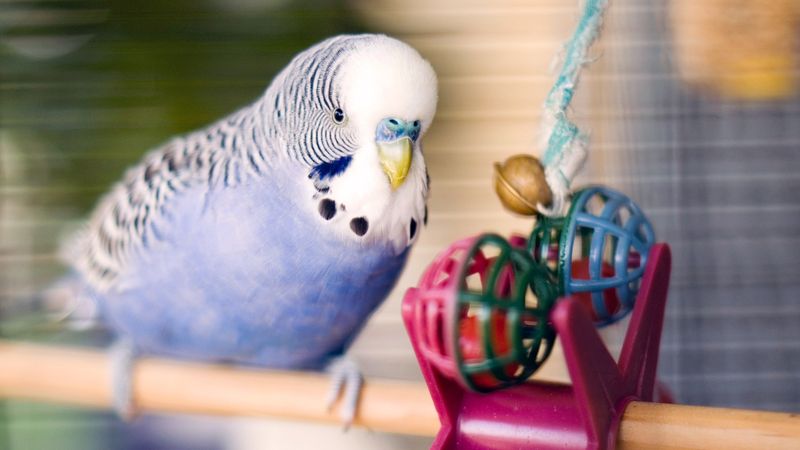
Boredom isn’t just unpleasant for birds – it’s devastating! Many species possess intelligence comparable to primates, solving complex puzzles and requiring constant mental challenges.
Toys become educational tools needing regular rotation. Without proper stimulation, smart birds develop neurotic behaviors similar to humans in solitary confinement. Prepare to become a creative enrichment director for your feathered Einstein.
10. Mess Extends Beyond The Cage
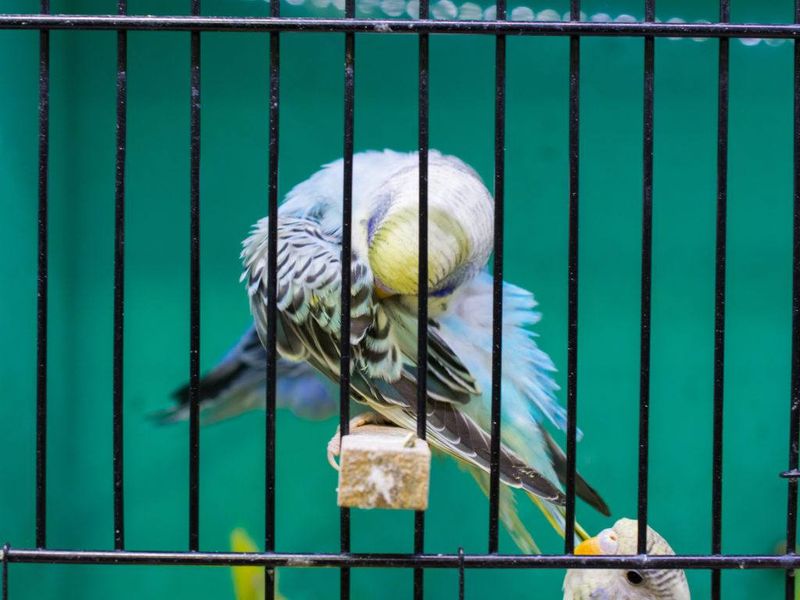
Seed hulls travel remarkable distances! Birds naturally fling food, splash water, and scatter droppings with impressive range. Their playful destruction turns toys into confetti within days.
Wall-to-wall carpeting becomes your nemesis. Hardwood floors surrounding cages develop water damage. White furniture? Forget it! Bird ownership means embracing a certain level of cheerful chaos in your living space.
11. Travel Plans Become Complicated
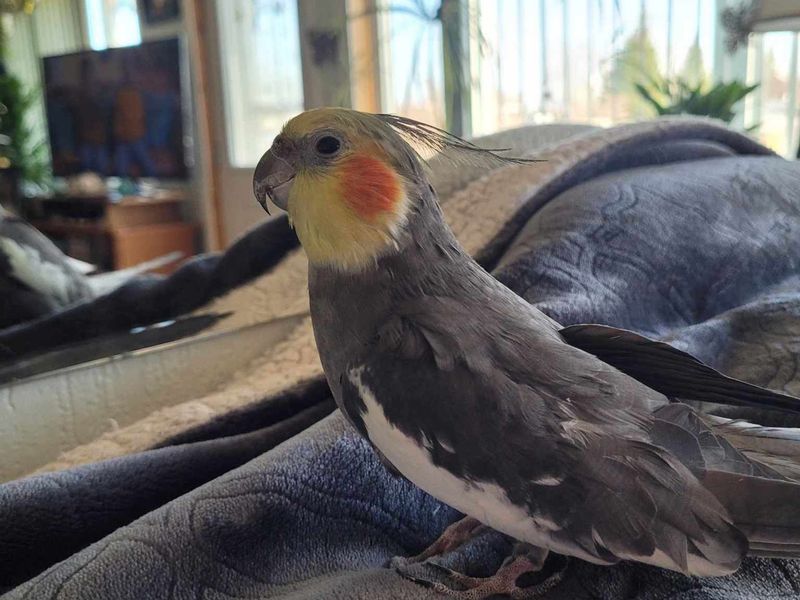
Spontaneous weekend getaways? Not so fast! Birds require specialized pet sitters familiar with avian care. Unlike cats or dogs, boarding facilities rarely accept feathered guests.
Finding qualified bird-sitters challenges even the most connected pet owners. Your vacation planning now includes detailed care instructions, emergency contact lists, and possibly video monitoring to check on your anxious avian while away.
12. Temperature Sensitivity Is Extreme
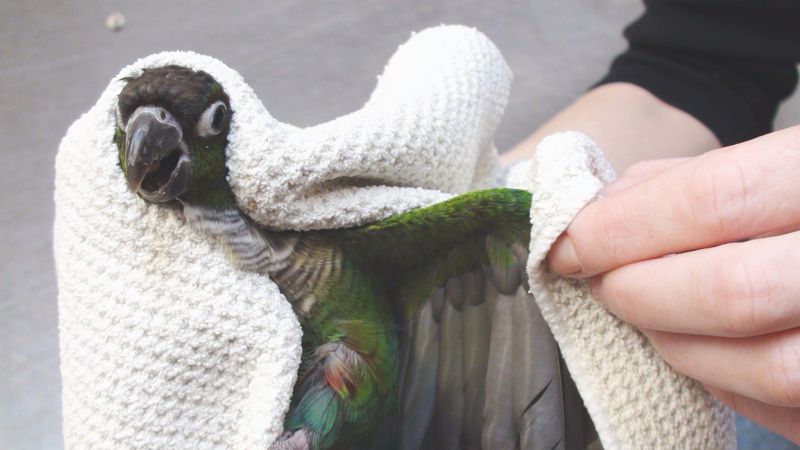
Tropical origins mean delicate temperature needs! Drafts from air conditioners, open windows, or even ceiling fans can trigger life-threatening illness in birds within hours.
Consistent home temperatures become non-negotiable. Many owners install separate thermostats in bird rooms. Winter power outages transform from inconveniences to emergencies when feathered friends depend on your climate control.
13. Flight Feather Decisions Are Controversial
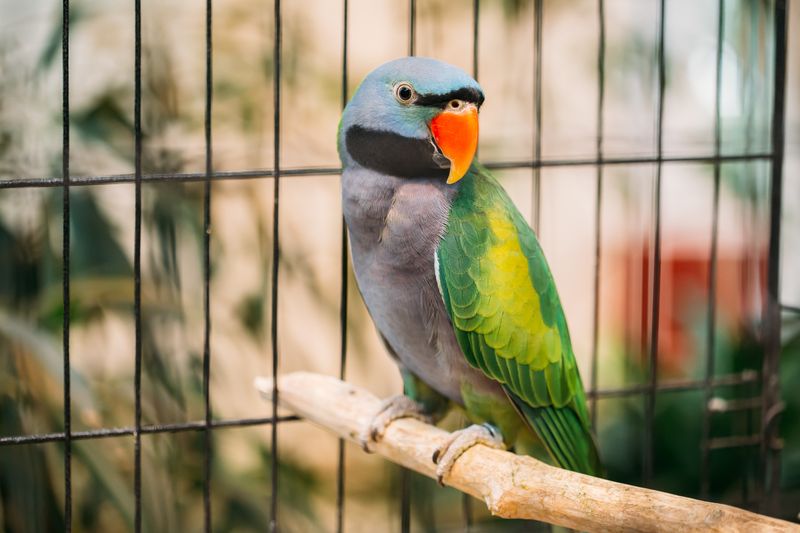
Wing clipping sparks heated debates among bird owners! This procedure prevents full flight but raises ethical questions about restricting natural behaviors. Unclipped birds enjoy freedom but face greater accident risks.
The decision isn’t simple. Clipped birds need regular trims as feathers regrow. Fully-flighted birds require bird-proofed spaces. Either choice demands careful consideration of your home layout and lifestyle.
14. Species Selection Matters Tremendously
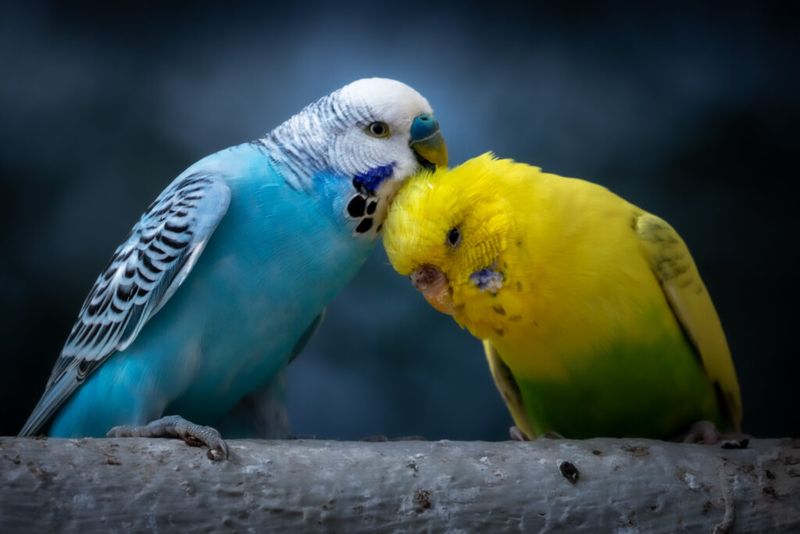
Not all birds fit all homes! Cockatoos demand constant attention while finches prefer observing from afar. Amazons talk clearly while canaries serenade with song.
Matching species to lifestyle prevents heartbreaking rehoming situations. A night-shift worker might struggle with sun-synchronized parrots. Apartment dwellers should think twice about notoriously loud macaws that can be heard blocks away!
15. Legal Restrictions Vary By Location
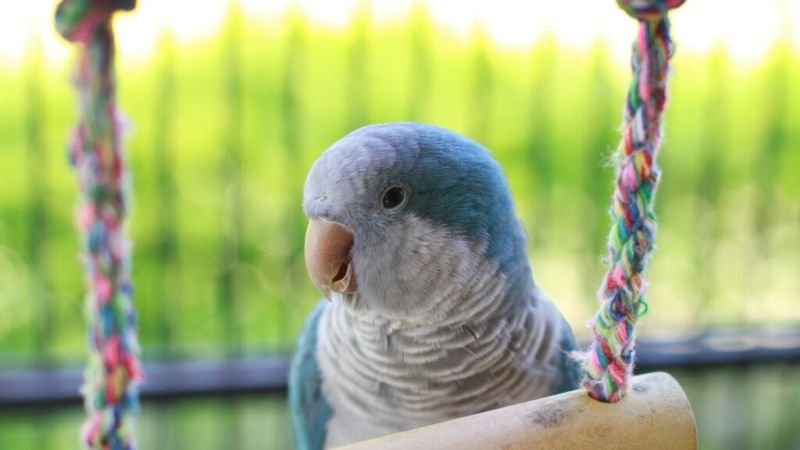
Exotic bird ownership faces increasing regulation! Some cities prohibit certain species or limit numbers of birds per household. Endangered species require special permits proving legal acquisition.
Moving with birds across state or international borders involves complex paperwork and potential quarantines. Research local ordinances before bringing home that beautiful macaw or risk facing difficult legal situations later.
16. Commitment Extends To Emergency Planning
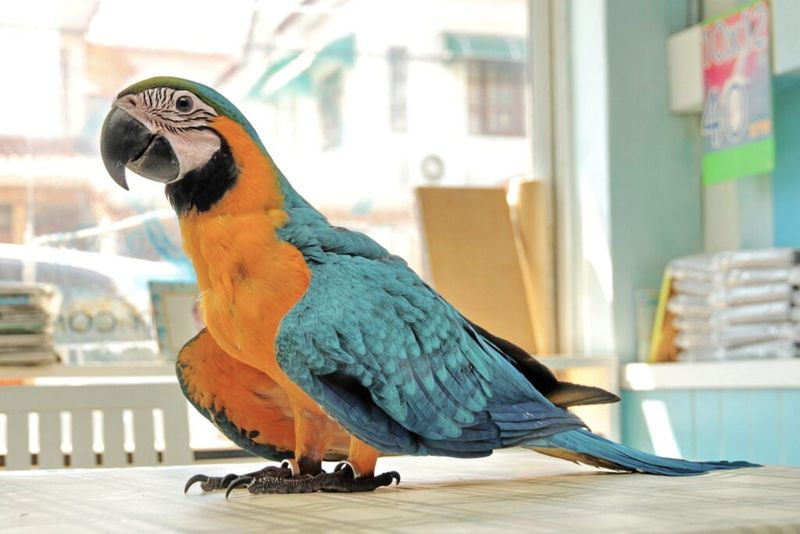
Disaster preparedness takes on new dimensions with birds! Their sensitivity to smoke means they’re often first affected during emergencies. Special carriers, evacuation plans, and identification systems become essential.
Power outages require backup heating solutions. Natural disasters necessitate bird-specific supplies in emergency kits. Responsible ownership means planning for your feathered friend’s safety in scenarios you hope never happen.

